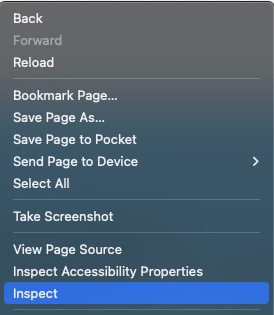They are a everywhere: cookie banners. This article is about which cookies are relevant and how you can determine whether you require a cookie banner at all.
A cookie is a small file that enables a website to recognize visitors and save visitor settings. These can be language settings or the location, for example. Cookies are very useful if, for example, the browser remembers the products you have placed in a shopping cart.
In principle, all cookies that are necessary for the operation of the website are permitted. You cannot deactivate them. This applies, for instance, to the cookie mentioned above, which kindly ensures that your shopping cart remains up to date. This is a so-called “session cookie” and it is allowed to be there. What these cookies usually have in common is that the information is only used by your website. No information is passed on to third parties.
Cookies you need a cookie banner for
Particularly relevant for a cookie banner are cookies that transfer your data to third parties, e.g., Google or Facebook. As soon as you use an interactive element on your website, such as Google Maps, Google Analytics or YouTube, data is passed on. The same holds true for Facebook Like buttons and other social sharing buttons.
These days, many contact forms or booking tools unfortunately can no longer do without cookies. The flood of spam messages is often very high, forcing you to use a captcha. Plugin developers typically offer the simple integration of Google Captcha. This brings us back to the cookie banner.
In all these cases, visitors to your website must have the option of preventing these cookies from being set. In this case, the YouTube video or Google map will be marked accordingly and will not be displayed. As a visitor, you need to be able to change these settings or allow individual services.
Depending on the cookie banner plugin you use, configuring it can therefore be as complex as you like. However, that would then be an additional article.
Nevertheless, there are websites that get by without cookie banners: If you do not sell anything, do not use a contact form with captcha but only an email link, have not integrated Google Analytics, Google Maps, videos or social sharing buttons, you probably do not need a cookie banner.
Finding cookies on your website
If you are not sure whether there are cookies on your website, you can find out relatively easily. www.cookieserve.com
However, you can also use the browser tools to find out what is happening on your website. To do this, click on any element with the mouse and hold down the right mouse button. A context menu will appear. If you are on a laptop, or have a mouse with only one button, the context menu appears if you hold down the CTRL key while clicking with the mouse.

Depending on the browser, the option we need is called “Inspect” (Firefox), “Inspect” (Chrome) or “Inspect Element” (Safari).
After clicking, the browser console opens at the bottom of the page. In all three browsers, the information on cookies can be found in the “Storage” tab.
All cookies that appear on this website are listed here. Please note that with your own website, there can be two different scenarios, logged in and logged out.


start-the-loop.com only uses the technical cookies that WordPress needs to manage the website. These cookies are not relevant under data protection law. When you are not logged in, you find only the cookie that determines, which language you want to use, that is German (de) or English (en).
In other words: No cookie banner is required for our site here.
NOTE: You need to make sure to check for cookies on the different pages of your website. If there are pages where you display, e.g., videos from YouTube, you need to check these pages separately in order to make sure that you see all the cookies that are there. Read an in-depth article on checking your website for cookies here.
